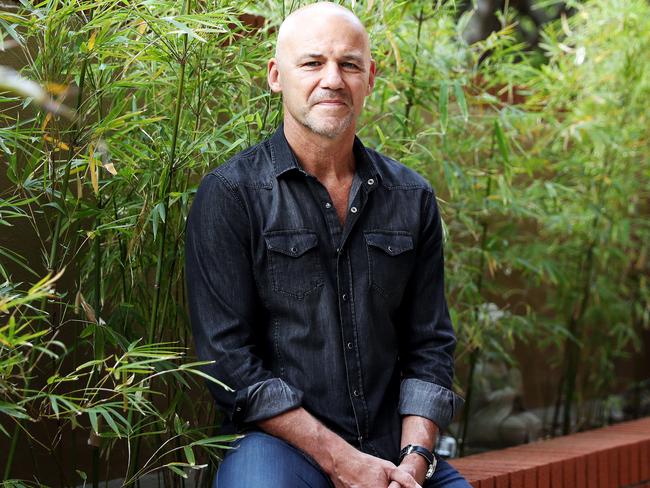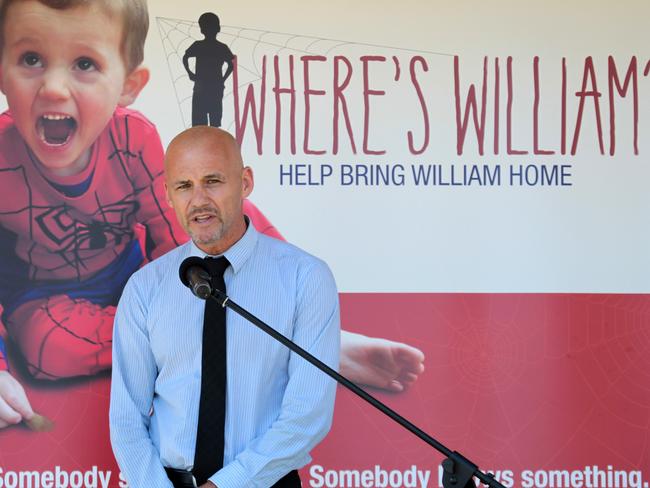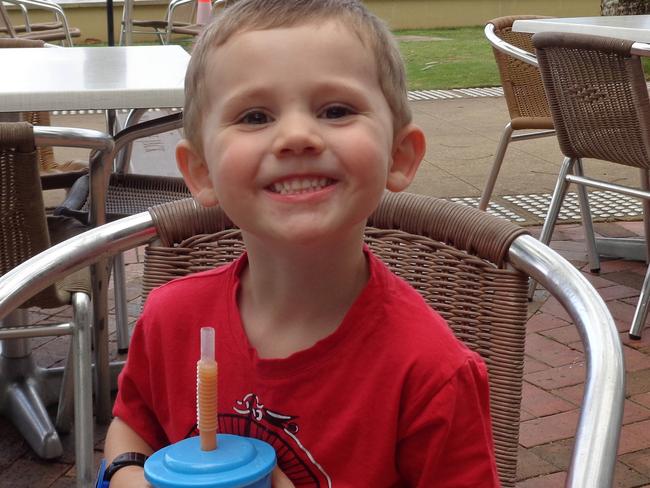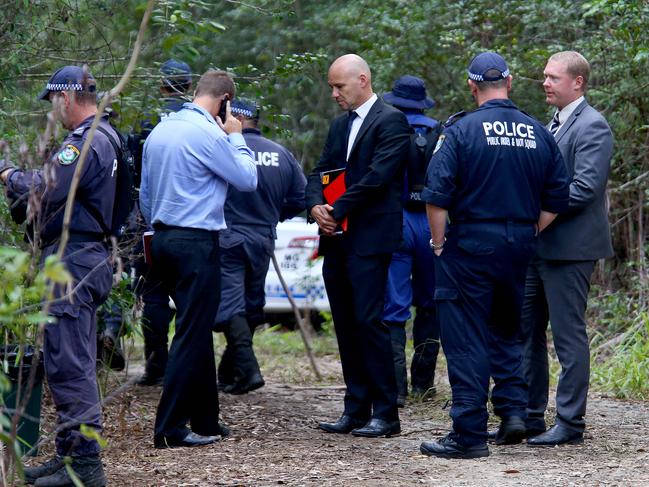Ex-detective Gary Jubelin breaks his silence on William Tyrrell case
It is the case that continues to haunt all of Australia – especially the detective tasked with finding just what happened to William Tyrrell. Retired Detective Inspector Gary Jubelin, now an investigative reporter with The Sunday Telegraph, breaks his silence on the case.
True Crime
Don't miss out on the headlines from True Crime. Followed categories will be added to My News.
Imagine having worked on a project for four years, investing your heart and soul.
Your professional and personal life had suffered because of it, but you didn’t care, because what you were doing was more important. You were looking for a lost child.
Now imagine that project is taken away from you for reasons you know are not justified. Would you be angry? Confused? Devastated?
I felt all these things when I was told on the 22nd January this year, “You are no longer running the Tyrrell investigation.”
I have now had 10 months to process what has happened to me.
This year has been full of emotional turmoil. I am a fighter by nature, my natural instinct was to lash out and fight to defend myself as I have done all my life.
Fortunately, the people who support me are smarter than me and enough of them gave me the advice to be patient, the justice I was seeking would come.

Luckily, I took that advice.
I am proud of how I have conducted myself despite being publicly humiliated, losing my career and being criminally charged by the organisation I served for the past 34 years.
Life presents opportunities and choices.
I could be bitter and resentful or accept what has occurred and move on. Those close to me are glad I chose the latter.
THE WILLIAM TYRRELL CASE
How desperate search for William split top cops
William Tyrrell’s dad: ‘I think he’s dead’
I left the police with no resentment and have started a new career in the media as an investigative journalist with The Sunday Telegraph, which I intend to pursue with the same passion and vigour I had for catching the bad guys.
I am also writing a book about my life and time in the police, which I hope will give the public an understanding of what a detective’s life is truly like.
It’s an exciting time for me. My life could not be more different from how it was less than 10 months ago.

On the surface everything seems fine.
I have some minor charges outstanding at the local court, which I am strongly contesting. These relate to me recording conversations with a person I was speaking to about William’s disappearance.
I have maintained from the outset I had a lawful right and an operational need to record the conversations. I was just doing my job.
However, the thing I am struggling with a lot more than my charges is not being able to assist with William Tyrrell’s investigation. Everyone is replaceable, myself included, and I am sure the people working on the investigation now are just as committed as I was.
But it is frustrating sitting on the sideline with four years of knowledge leading the investigation, and 25 years of experience catching killers and not being able to pass that information on.
We are talking about the disappearance of a three-year-old child and I have been excluded from the investigation because I recorded conversations that I have maintained from the outset I had valid reasons to do so. It’s very hard to reconcile.


Adding further to my frustration is having my role in the Tyrrell investigation publicly dissected without being able to clarify or explain my actions.
This week ABC’s Four Corners program contacted me asking for my comment on a story they are running tomorrow night about an aspect of the William Tyrrell investigation.
My preference would have been not to appear on the program.
After much deliberating and seeking counsel from those around me I agreed to speak to Four Corners purely to defend the integrity of the investigation for the period I was in charge.
Now I have left the police, I feel very isolated. I am on my own and the only person in a position to address the issues raised by the Four Corners program concerning Bill Spedding.
As I told Four Corners, I stand by every decision I made during the four years I led the Tyrrell investigation. In every investigation, the detective’s job is to work methodically through every piece of information available to rule out everyone who didn’t commit the crime, and find the person who did it.
That is not always a pleasant task.

I took my role leading homicide investigations very seriously.
I had a responsibility to not only the victim and the victim’s family, but also the suspects in the crimes I was investigating. When trying to find out what happened to someone who has been murdered or in William’s case disappeared, every relevant line of inquiry must be fully explored.
If this does not occur questions can be left unanswered.
That is not what the victim deserves, nor is it fair to the suspects, who may be left in limbo. The role of the detective is to gather the evidence wherever that evidence takes you.
You are searching for the truth, that is your job.
We need to find out what happened to William, we just can’t give up on him. There is an inquest running into the disappearance of William. The coronial process in NSW serves an important role in matters like this. I hope they find the answers we are all looking for.
Originally published as Ex-detective Gary Jubelin breaks his silence on William Tyrrell case


